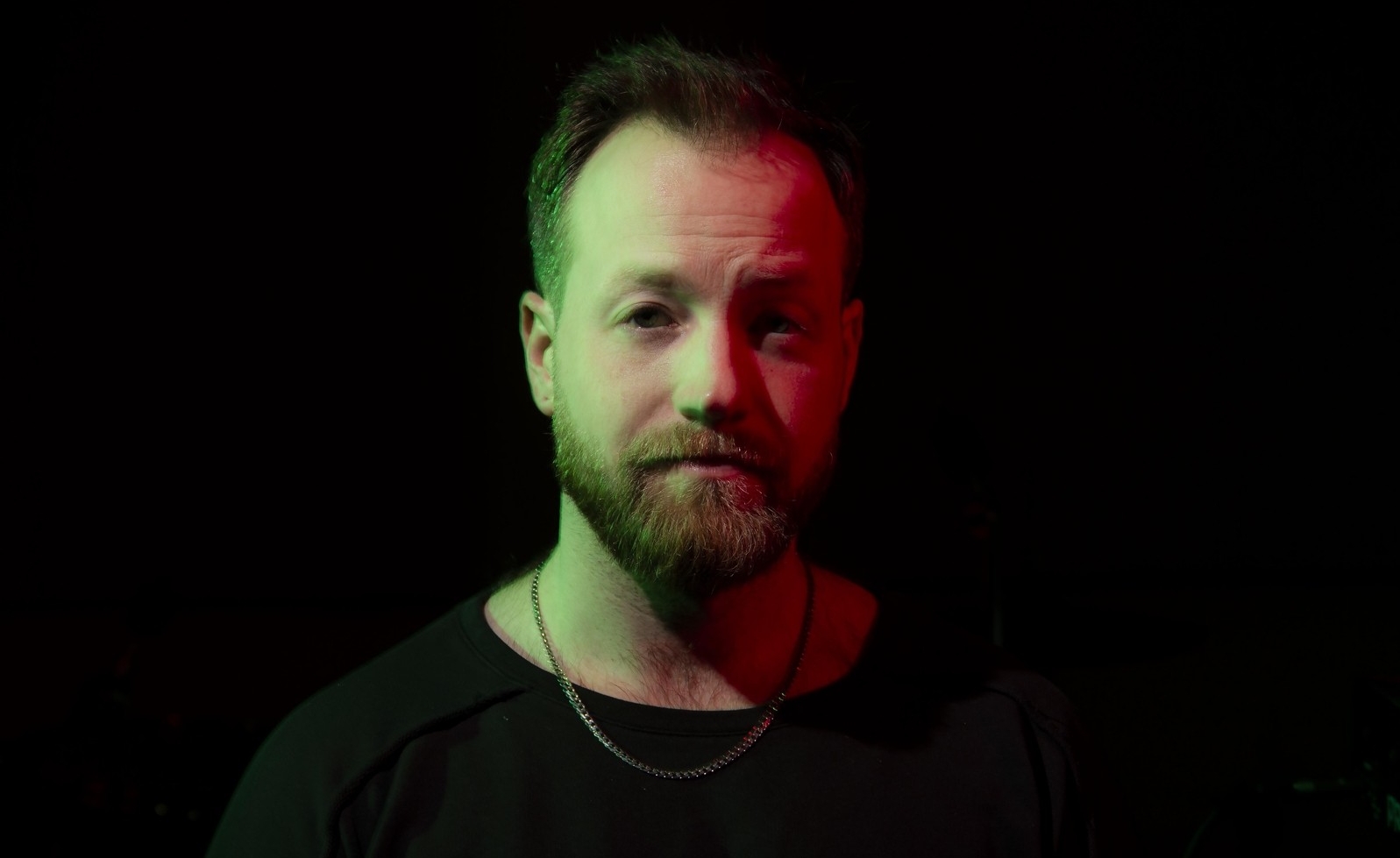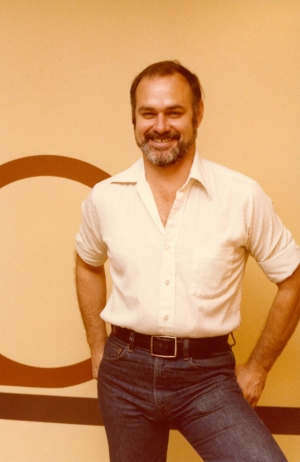“It’s really gratifying to see that,” says Stewart. “If I had never met Dan, he never would have seen the play I wrote, he never would have given me that script and none of this would be happening.”
‘Teach yourself new disciplines’
That first script was for a play called Mustang Zero-One, which follows two men deployed together in the Vietnam War. (Allen himself was a Vietnam War vet.) It’s largely about the two men’s struggle to accept the love they have for one another and overcome their shame.
The script instantly struck a chord with Stewart.
“There are these moments where it felt like what Daryl Allen seemed to be saying about his own queer identity and his own shame were just so relevant to the same things I was feeling, despite the fact that he had written this decades earlier,” says Stewart.
As Stewart read more of Allen’s scripts and love letters, he was also drawn to Allen as a person.
“All of my research at Concordia and what fascinates me as an artist are the stories of ordinary people,” says Stewart. “And so once I started seeing the parallels between Daryl’s life and mine and the different periods he had lived through — whether it’s the Vietnam War or gay liberation, the AIDS crisis — I became fascinated and wanted to fill in the gaps.”
It helped that Stewart had an MFA from Concordia, where he designed his own Individualized Program (INDI) with courses in theatre, sexuality studies and communication studies.
The practical coursework was huge for tackling this project, says Stewart. So was the mentorship of his three supervisors — Ted Little, Mark Sussman and Tom Waugh. But overall, one of his biggest takeaways from the INDI program was how to teach himself new skills.
“When you’re in this program, you’re designing some of your own courses and so you need to teach yourself new disciplines,” says Stewart. “That’s a skillset I’ve used multiple times in multiple areas since graduating — like producing a podcast, which I’d never done before.”
Past becomes present
Stewart says that although Resurrection traces queer history through the life of a man living decades in the past, the podcast has particular relevance today.
For one, it’s a way to teach younger queer folks about what the community went through during the AIDS crisis, he says. “It’s a really tragic but important moment in queer history, because it helps us to understand what was required to get governments to take action and actually start humanizing queer people.”


 “Once I started seeing the parallels between Daryl’s life and mine and the different periods he had lived through — whether it’s the Vietnam War or gay liberation, the AIDS crisis — I became fascinated and wanted to fill in the gaps,” says Dane Stewart, MFA 17. | Photo: Cuto Reed
“Once I started seeing the parallels between Daryl’s life and mine and the different periods he had lived through — whether it’s the Vietnam War or gay liberation, the AIDS crisis — I became fascinated and wanted to fill in the gaps,” says Dane Stewart, MFA 17. | Photo: Cuto Reed
 Daryl Allen during a trip to Montreal in 1979. | Photo: Dan Wylie
Daryl Allen during a trip to Montreal in 1979. | Photo: Dan Wylie